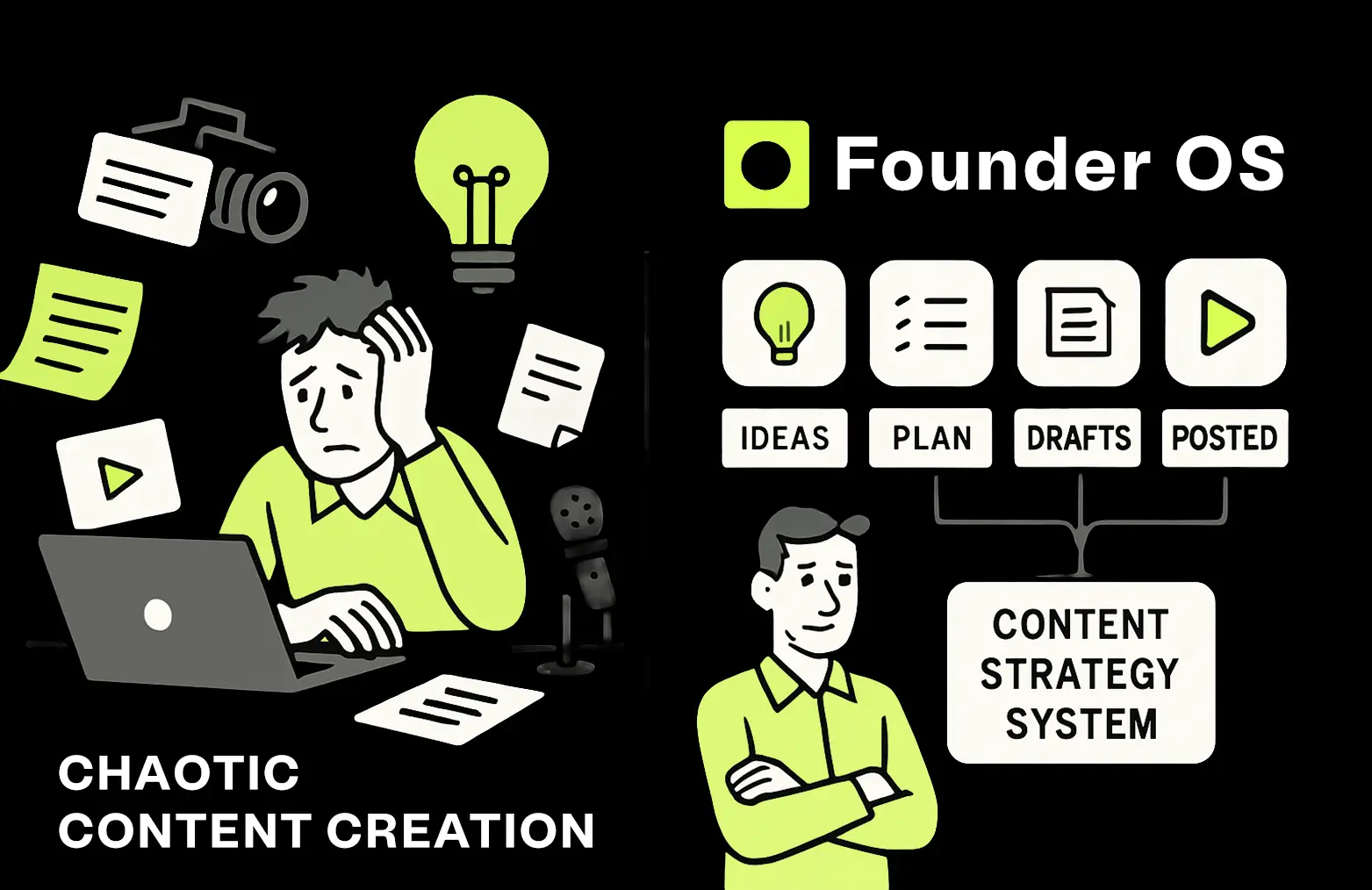Understanding smart content marketing
Smart content marketing is all about being intentional. It means creating content with a specific goal, purpose, and audience in mind. Instead of publishing random blogs, videos, or social posts just to stay active online, you're sharing content that moves the needle. Every piece has a job—whether that's to educate, build trust, or convert leads into paying customers.
Think of it like this: running your business without a smart content plan is like trying to build a house without a blueprint. You might get something standing, but it won't be very strong or scalable. Smart content lays the foundation that helps you grow steadily and predictably.
Here's what smart content marketing usually includes:
- Clear goals for each content piece
- A deep understanding of your audience
- Consistent brand voice and messaging
- Strategic distribution plans
- Tracking and tweaking content performance over time
This approach is more sustainable. Instead of scrambling to come up with what to post each week, you're using a plan that guides every content decision. That saves time, cuts stress, and makes your marketing more focused.
Say most of your audience is early-stage founders struggling to manage their time. You could create a blog series on productivity habits that made a major difference in your business. That content makes their lives easier, and over time, builds trust and loyalty that helps your brand grow.
Smart content marketing helps you serve your people better. And when that happens, growth tends to follow.


.webp)


